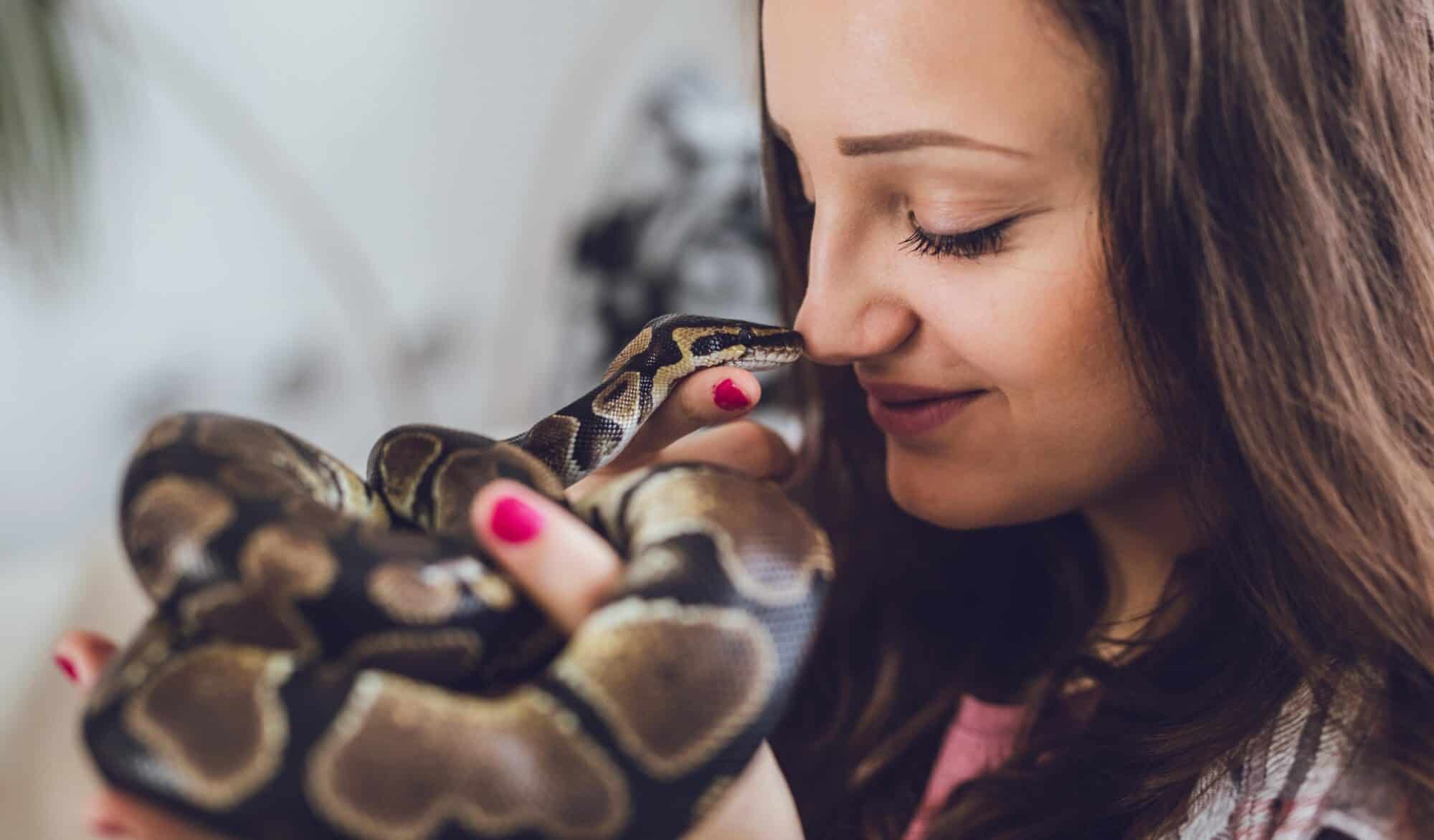The Spookiest Creatures in the Animal Kingdom


Tis the season to celebrate the creepy crawlies and spooky species that grace our lives as pets! At Animal Care Unlimited, we love meeting your eight-legged, scaly, and slithery pet friends, and in this exotic pet guide, our team shares frightfully helpful hints to help you care for the creepiest creatures in your household.
An Exotic Pet Guide for Spooky Species
Exotic pets can be fun and fascinating creatures, but unique animals have unique needs, so proper care and guidance are critical. We’re proud to offer comprehensive care for exotic pets. Our experienced team can help you learn how to:
Groom your spooky species: From beaks to quills to lizard skin, our team can share the best approach for safely grooming your exotic pet.
Choose the right habitat for your scary pets: Exotic pet enclosures must be safe, sized properly, provide correct lighting, and maintain a species-appropriate temperature.
Bond with your creepiest creatures: The human-animal bond is important for every pet—even the spooky species! Our advice? Start slowly and pay attention to your exotic pet’s patterns and sleep cycle. Engage with them when they are alert by offering a high-value treat. Stick to a routine and gradually increase the amount of time you spend with your exotic pet. Always end a bonding session if your pet isn’t in the mood.
Practice proper tarantula care: Exotic creatures like tarantulas might seem like scary Halloween animals to some people, but to others, these eight-legged, quiet, inquisitive creatures make for charismatic companions. Ask us about the specifics of tarantula care, including housing, nutrition, and lighting.
Provide optimal nutrition: Meeting the dietary needs of exotic pets is critical for their health and longevity. We are happy to provide species-specific nutritional guidance at your pet’s checkup.
The Scary Truth About Spooky Species and Zoonotic Diseases
While not all exotic pets fall into the “Halloween animals” category, the illnesses they can spread to their human companions are downright scary! Exotic pets like ferrets, reptiles, and amphibians carry the risk of zoonotic diseases, which are those that can spread between animals and humans. Cleanliness is key. Always wash up after handling exotic animals and after touching their habitats.
- Lizards, turtles, and snakes are some of the reptiles that can carry salmonella bacteria on their bodies.
- Rabbits and ferrets can spread an infection called Campylobacter, which can lead to severe vomiting and diarrhea in people who are immunocompromised as well as the very young or elderly.
- Guinea pigs and rabbits can spread ringworm to their human companions.
- And while not zoonotic, the bites of tarantulas can be venomous, and their hairs can cause extreme skin and eye irritation in their human handlers.
Experienced Care for Creepy Exotic Animals
At Animal Care Unlimited, we welcome your creepiest creatures and scary pets. Please contact us at (614) 766-2317 for an appointment or if you’d like more information about caring for your exotic animals.
